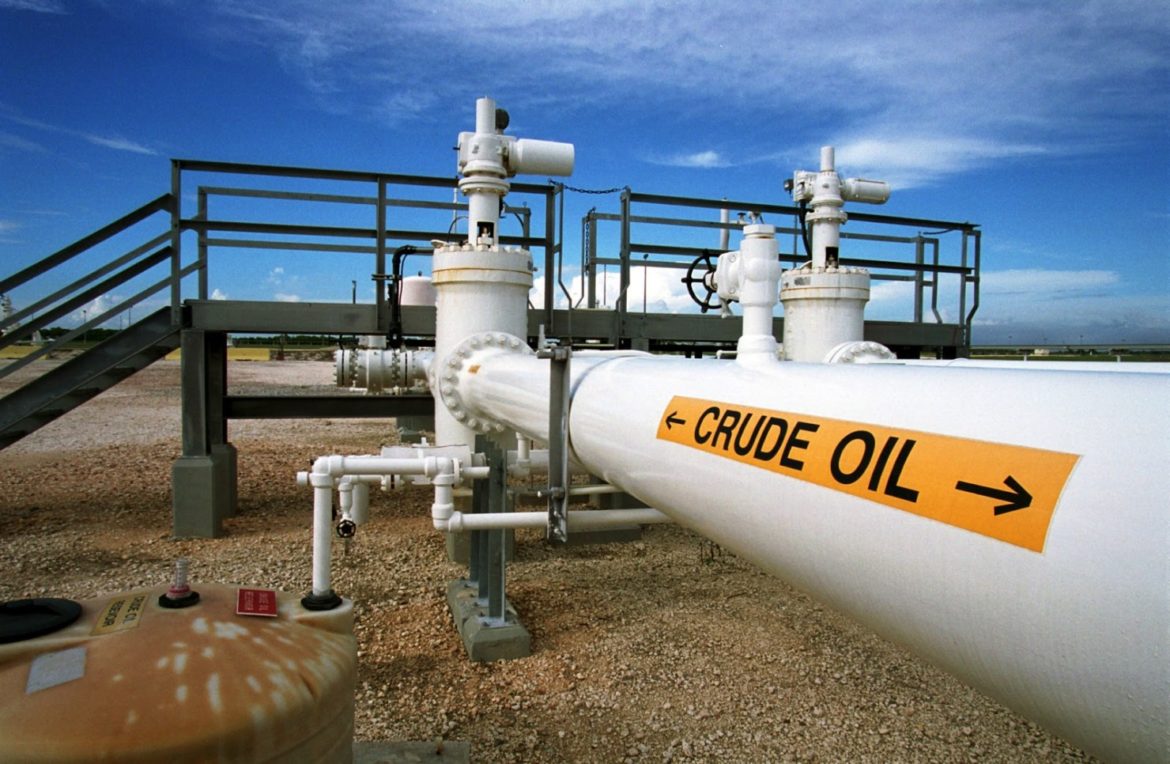The price of the international crude oil benchmark, Brent crude, climbed to an 18-month high on Wednesday, June 2, reeling from a decision of the Organisation of the Petroleum Exporting Countries and its allies (OPEC+) to stick to a plan to gradually restore supply amid optimism.
At the oil market yesterday, the price of the Brent rose by $1.02 or 1.45 per cent to $71.27 per barrel, its highest since January 2020, while the United States West Texas Intermediate (WTI) crude moved higher by $1.05 or 1.55 per cent to trade at $68.77.
This development will be good news to Nigeria, which has suffered as a result of a decline in the price of the commodity as over 90 per cent of its earnings come from the sale of oil.
This week, OPEC+ signalled its growing optimism about the balance between demand and supply and confirmed that it planned to continue increasing production.
The group, expecting a recovery in demand from this month, agreed on Tuesday to maintain its plan to gradually ease supply curbs through July. This means there will be a return of 2.1 million barrels per day of supply through July as it anticipated demand would rise despite high numbers of coronavirus cases in Asia.
Since that decision carried out in April, oil prices have extended their rally and have now gained more than 30 per cent this year.
After the meeting, Saudi Energy Minister Abdulaziz bin Salman said that crude oil demand has shown clear signs of improvement while the alliance’s co-chair, Russia’s Alexander Novak, noted there was a gradual economic recovery.
OPEC+ still forecasts a 6 million barrels per day jump in oil demand in 2021 which is equivalent to 6 per cent of global consumption as the world recovers from the COVID-19 pandemic.
Apart from the coronavirus threat, which has subsided in the past few days, the prospect of more crude from Iran rears its head but the slow pace of reviving its nuclear deal is adding to the optimism.
By calculation, if the deal works out, the Middle East producer will bring back an additional 2 million barrels a day into the market but OPEC expects that this won’t have the expected outcome as demand will absorb it.
Investors will also be on the lookout for weekly inventory data from the American Petroleum Institute (API) and from the US Energy Information Administration (EIA) on Thursday.

